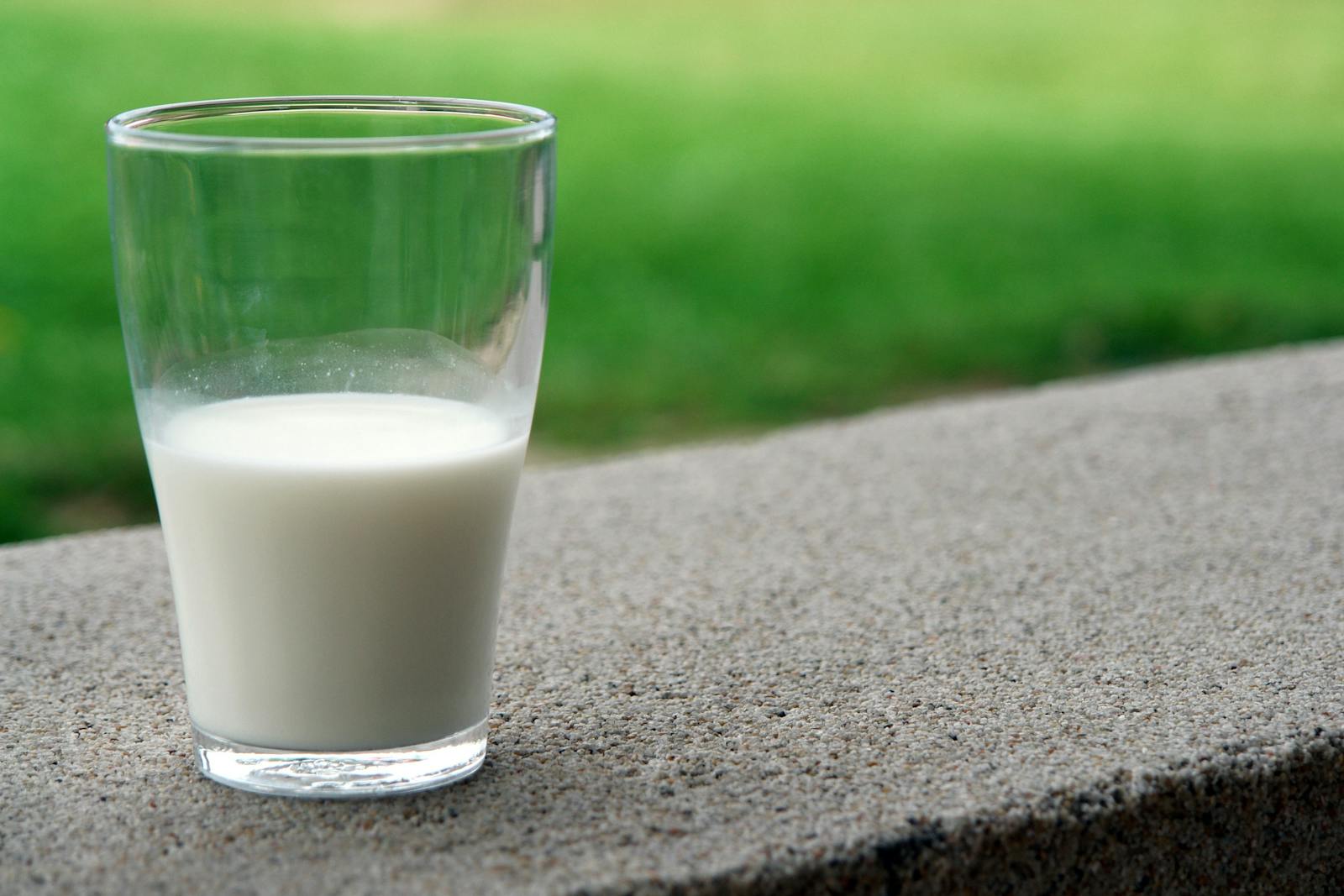Homeopathy: A Detailed Overview
Homeopathy is a form of alternative medicine that was developed over 200 years ago by a German physician named Samuel Hahnemann. It is based on two key principles: “like cures like” and “the law of minimum dose.” Homeopathy has gained a significant following around the world due to its gentle approach to healing and its belief in stimulating the body’s natural ability to heal itself. This blog will provide an in-depth understanding of homeopathy, its principles, benefits, types of treatments, and how it differs from conventional medicine.
1. History and Origin of Homeopathy
Homeopathy originated in the late 18th century, when Dr. Samuel Hahnemann discovered that a substance that causes symptoms in a healthy person could be used to cure similar symptoms in a sick person. This idea, known as “similia similibus curentur” or “like cures like,” forms the foundation of homeopathic practice. Hahnemann conducted experiments using various substances and developed the process of diluting them to minimize toxicity while retaining their healing properties, which became the basis of homeopathic remedies.
2. Principles of Homeopathy
Homeopathy is built on two main principles:
a. Like Cures Like (Similia Similibus Curentur)
The idea that a substance causing certain symptoms in a healthy person can be used to treat those same symptoms in a sick person. For example, onion can cause watery eyes and a runny nose in healthy individuals; hence, a homeopathic remedy made from onion (Allium cepa) might be used to treat cold or hay fever symptoms.
b. Law of Minimum Dose
Homeopathy believes that lower doses of medication can be more effective. Remedies are diluted multiple times in water or alcohol, with the belief that the energetic imprint of the original substance remains while the toxicity is removed. The more diluted a remedy, the more potent it is considered.
3. How Homeopathy Works
Homeopathic remedies are prepared through a process called “potentization,” which involves diluting a substance and then shaking it vigorously. This process is repeated several times, with the dilution sometimes reaching the point where no molecules of the original substance remain in the final product. Homeopathy operates on the principle of stimulating the body’s vital force or life energy to restore health and balance.
Homeopaths take a holistic approach, considering a patient’s physical, emotional, and mental well-being before recommending treatment. They aim to treat the individual, not just the disease or symptoms.
4. Common Homeopathic Remedies
Homeopathy offers remedies made from natural substances like plants, minerals, and animal products. Some commonly used homeopathic remedies include:
- Arnica montana: Used for bruising, sprains, and muscle soreness.
- Belladonna: Prescribed for fever, headaches, and inflammation.
- Nux vomica: Used for digestive issues, nausea, and hangovers.
- Rhus toxicodendron: Effective for joint pain and stiffness, especially in cases of arthritis.
- Apis mellifica: Used to treat swelling, stings, and insect bites.
5. Conditions Treated by Homeopathy
Homeopathy is used to treat a wide range of acute and chronic conditions. Some of the conditions that homeopathy can address include:
- Allergies (hay fever, eczema)
- Respiratory infections (colds, coughs, asthma)
- Skin conditions (acne, rashes, psoriasis)
- Digestive disorders (indigestion, bloating, IBS)
- Emotional and mental health (anxiety, depression, stress)
- Pain relief (headaches, migraines, arthritis)
6. Homeopathy vs. Conventional Medicine
One of the most significant differences between homeopathy and conventional (allopathic) medicine is the treatment approach. While conventional medicine focuses on diagnosing and treating symptoms with pharmaceutical drugs or surgery, homeopathy seeks to understand the root cause of the problem and stimulate the body’s natural healing response.
Key differences include:
- Individualized Treatment: Homeopathy tailors treatment to the person, not just the disease, whereas conventional medicine often provides a standardized treatment for all patients with the same illness.
- Minimal Side Effects: Homeopathic remedies, due to their dilution, are considered non-toxic with minimal side effects, while conventional medicine can sometimes cause adverse reactions.
- Holistic Approach: Homeopathy considers the patient’s mental, emotional, and physical state, whereas conventional medicine tends to focus primarily on physical symptoms.
7. Benefits of Homeopathy
Homeopathy has several potential benefits, including:
- Safety: Homeopathic remedies are made from natural ingredients and are considered safe for all age groups, including children and pregnant women.
- Non-invasive: Treatments are non-invasive and painless, making them a preferred choice for many patients.
- Long-term Relief: Homeopathy is known to provide long-term relief by addressing the underlying causes of health issues, not just the symptoms.
- Improves Overall Well-being: By focusing on the whole person, homeopathy aims to improve overall health, including mental and emotional wellness.
8. Controversies and Criticism
Despite its widespread use, homeopathy is not without controversy. Critics argue that homeopathy’s reliance on highly diluted substances, often to the point where no molecules of the original substance remain, goes against the principles of modern pharmacology. Many clinical studies have found no evidence that homeopathic remedies work better than placebos, leading some to label it as pseudoscience.
However, proponents argue that homeopathy works on an energetic level and that its success lies in the individualized treatment plans and holistic approach. Many patients report positive results, and homeopathy remains a popular alternative treatment option worldwide.
9. Homeopathy Today
Homeopathy continues to be widely practiced around the globe. It is especially popular in countries like India, the UK, and Germany. In India, homeopathy is integrated into the healthcare system, with dedicated homeopathic medical colleges and clinics.
10. How to Choose a Homeopath
Choosing the right homeopath is essential for effective treatment. Look for a licensed and experienced practitioner who has undergone formal training in homeopathy. During your initial consultation, the homeopath will ask detailed questions about your physical, emotional, and mental health before recommending a personalized treatment plan.
11. Conclusion
Homeopathy offers a gentle, natural, and holistic approach to healing. Although it faces criticism from some in the medical community, millions of people worldwide turn to homeopathy for treatment of various ailments. With its focus on individualized care and stimulating the body’s self-healing abilities, homeopathy continues to be a significant player in the world of alternative medicine. If you’re considering homeopathic treatment, consult a qualified practitioner to explore its benefits for your health and well-being.






